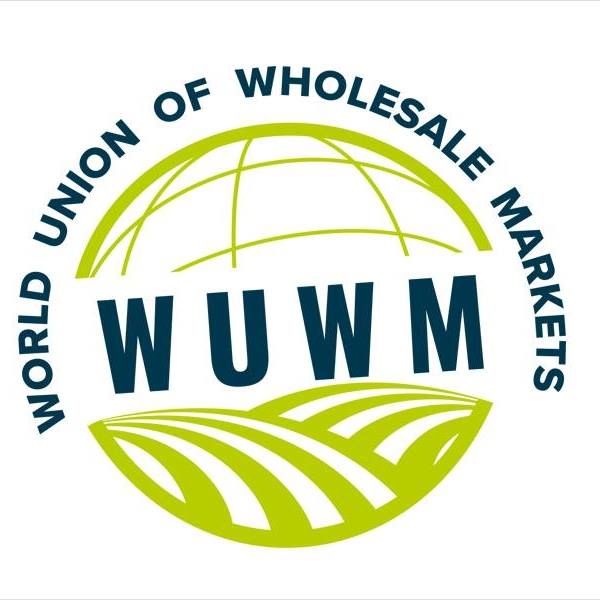WUWM celebrates COP15 outcomes
On Monday 19th of December, an ‘historic’ deal was reached for the protection of nature during the 15th Conference of the Parties to the Biodiversity Convention held in Montreal. Signed by 190 countries, after 4 years of work, this agreement consists of a series of 23 targets and four goals with the aim of better protecting our planets biodiversity and natural ecosystems by 2030.
The targets, which have been dubbed the “Global Deal for Nature and People”, focus on the protection of ecosystems and biodiversity across the world. The core of the deal is the establishment of “sustainable use” of biodiversity, that is, to ensure that species and habitats are able to provide the services they have provided to humanity for generations, such as food, clean water and medicine. It also means that the benefits of resources from nature, such as food and medicines that come from plants, must be shared fairly and equally.
The targets or COP15 are built on the UN’s Sustainable Development Goals, which aim to end poverty and hunger, protect the environment, and promote peace and justice. The Global Deal for Nature and People will help to achieve these goals, by providing a framework for governments and other stakeholders to take action to protect nature and promote sustainable development.
This agreement does represent a significant step forward for the protection of biodiversity, but new opportunities also bring about new challenges, as UN Secretary General Antonio Guterres said: “We are finally starting to forge a peace pact with nature.” However, it will require a great deal of work to implement it. In order to succeed, we must ensure that all parties are invested in developing concrete action facilitated by policies, legislation and investment.
For our sector, this means also working together to build a better understanding of how we can concretely foster the food sector to be an active actor to attain the COP 15 targets and goals as currently the relationship between the global biodiversity protection framework and the potential of the fresh-food value chain to protect it is underestimated and underdeveloped.
Actors of the food value chain can actually play a major role to succeed in attaining the goals set by COP15. The food value chain is a complex, global network of interdependent supply chains that brings together producers, processors, traders, and consumers of food.
Wholesale markets already play a crucial role in reducing food waste but also in protecting biodiversity as they are a major trading place to commercialize local produce. This ensures a significantly larger pool of crop diversity than other food outlets, with some wholesale markets having up to 1 million different fresh produce references on stock. Thus, guaranteeing a clearer support of crop diversity and varieties available locally that are recognized in sustaining ecosystems with species that are more apt, resilient and environmentally-ecological friendly.
But unfortunately, in many countries today the role of wholesale markets to reduce food waste or to promote biodiversity is not being optimized to its potential.
With regards to addressing the food waste issue, investment is required in order to modernize infrastructures and to develop circular economy strategies. Many studies show that modern wholesale markets can reduce (by up to 0.1%) food waste and can have an important role in upgrading practices of value chain actors – inbound and outbound- resulting in a drastic reduction of food waste.
Concerning the biodiversity promotion, wholesale markets can act as major allies in restructuring the supply chain of ecological-friendly products (agroforestry, organic, etc.). This can be achieved by supporting producers and companies that are in the business of commercialization of this kind of produce.
As today our markets trade around 50% of all the fresh produce distributed in the world they can facilitate access to the market to this range of produce for the collective-public procurement- and commercial and catering industry.
Due to the aforementioned reasons it is vital that the convergence of actions for biodiversity, and ecosystem restoration include agri-food markets at the core of the relationship between the urban and rural worlds. The development of virtuous food ecosystems that can sustain and promote accessibility to fresh produce that are in line with the COP15 objectives will be crucial.
WUWM happily welcomes the COP15 agreement to protect a third of the planet by 2030 and will work in concrete actions to achieve them, such as disseminating practices, policies and the capacity to build and educate on the role that the fresh food value chain can have to achieve biodiversity protection targets.



